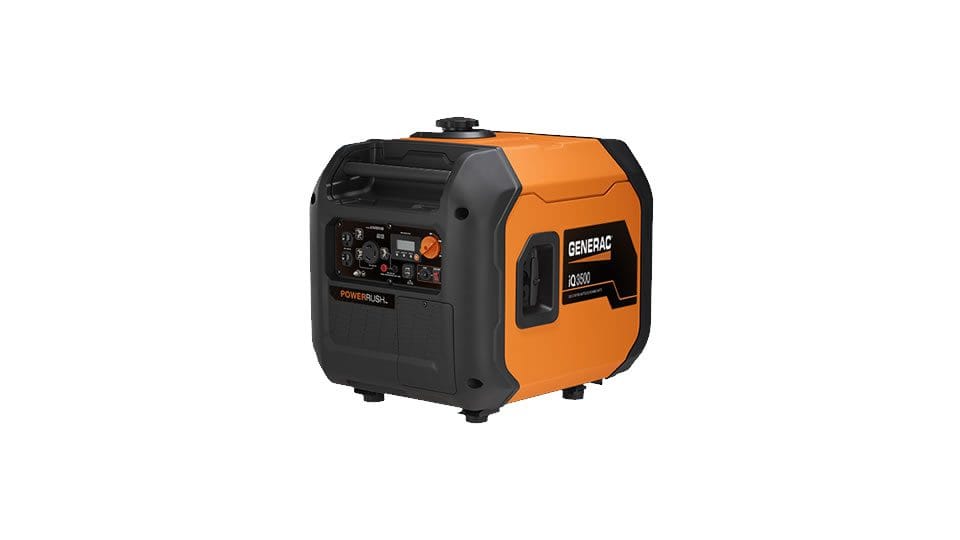Quiet Propane Generator Overview
A quiet propane generator is the ideal solution for anyone seeking a peaceful environment while still having reliable power. Whether you’re camping, RVing, or need backup energy at home, these generators provide a quiet and efficient way to power your devices. By using propane as a fuel source, these generators produce less noise, making them perfect for use in noise-sensitive areas.
Not only do quiet propane generators reduce noise pollution, but they also offer a cleaner and more eco-friendly alternative to traditional gasoline-powered models. Their low emissions and fuel efficiency ensure you can enjoy reliable power without harming the environment. With various models available, choosing the right quiet propane generator for your needs is simpler than ever. Let’s explore how this type of generator can meet your power demands without disrupting your peace and quiet.
Understanding the Risks of Overloading Your Generator
When using a quiet propane generator, it’s essential to be mindful of overloading it. Overloading can lead to a range of problems, from decreased efficiency to potential damage. These generators are designed to handle specific power loads, and pushing them beyond their limit can have serious consequences. So, understanding how to properly manage your generator’s capacity is key to ensuring its longevity and efficiency.
Generators, including quiet propane generators, are equipped with specific power ratings that dictate how much electricity they can safely supply. Overloading the generator may seem tempting, especially when you have multiple devices or appliances running simultaneously, but this can cause the generator to struggle, leading to overheating, power loss, or even permanent damage.
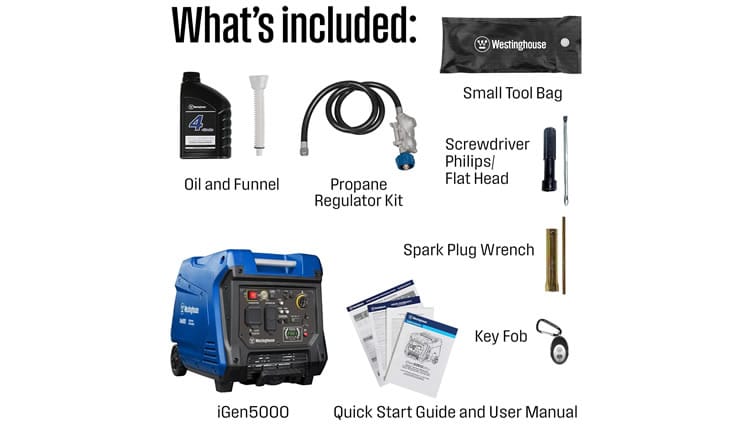
How Overloading Affects Your Generator’s Performance
Imagine trying to run several high-powered appliances at once—like a microwave, air conditioner, or hair dryer. If the combined wattage exceeds the generator’s rated capacity, you’ll be overloading it. The immediate result? A drop in voltage, a reduction in the generator’s performance, and in some cases, the complete shutdown of the generator. In the long term, consistently overloading your quiet propane generator can reduce its overall lifespan, making you spend more on repairs or replacements.
How to Prevent Overloading Your Quiet Propane Generator
Preventing overloading starts with understanding your generator’s power rating and the devices you plan to connect. Every generator, including quiet propane models, has a maximum wattage limit that you must adhere to. Be sure to calculate the power requirements of all the appliances you intend to use, adding up the starting and running watts. Always stay well within the generator’s rated capacity to avoid stressing it.
One way to ensure you’re using your generator properly is by using a wattage meter to monitor how much power you’re drawing. This is particularly useful if you have multiple appliances with varying power demands.
Ignoring Regular Maintenance
When you invest in a quiet propane generator, it’s easy to think that once it’s set up, you can forget about it. However, just like any other piece of equipment, a generator requires regular maintenance to ensure it continues to run smoothly. Neglecting routine upkeep can lead to breakdowns, costly repairs, or even a shorter lifespan for your generator. Don’t let the convenience of having a quiet propane generator lull you into complacency—proper care and attention are essential.
Generators are built to handle a variety of tasks, from powering your RV to supplying electricity during an emergency. But without proper maintenance, even the best models can start to falter. Regular maintenance ensures that your quiet propane generator runs efficiently, minimizes the risk of malfunctions, and helps it last longer. So, let’s explore why ignoring maintenance is a risk you don’t want to take.
The Importance of Regular Oil Changes
One of the most important maintenance tasks you can perform on your quiet propane generator is changing the oil. Over time, oil can break down and lose its ability to lubricate the engine effectively. This can lead to friction, overheating, and even engine failure. Keeping up with oil changes ensures that your generator runs smoothly and helps prevent unnecessary wear and tear.
When changing the oil, be sure to check the manufacturer’s guidelines for recommended intervals. It’s also important to use the correct oil type for your specific model. The oil is the lifeblood of your engine, and keeping it clean is one of the easiest ways to extend your generator’s life.
Air Filter Maintenance for Better Performance
Another aspect of maintenance that’s often overlooked is the air filter. A dirty or clogged air filter can reduce the airflow to your engine, causing it to work harder than necessary. This leads to decreased efficiency and can even cause your quiet propane generator to overheat. Fortunately, cleaning or replacing the air filter is a simple task that can make a significant difference in performance.
It’s a good idea to check the air filter regularly, especially if you use your generator in dusty environments. A clean air filter allows the engine to breathe easily, improving fuel efficiency and preventing costly repairs. In many cases, replacing the air filter once a season is a smart move, and it’s an affordable maintenance task that can keep your generator running like new.
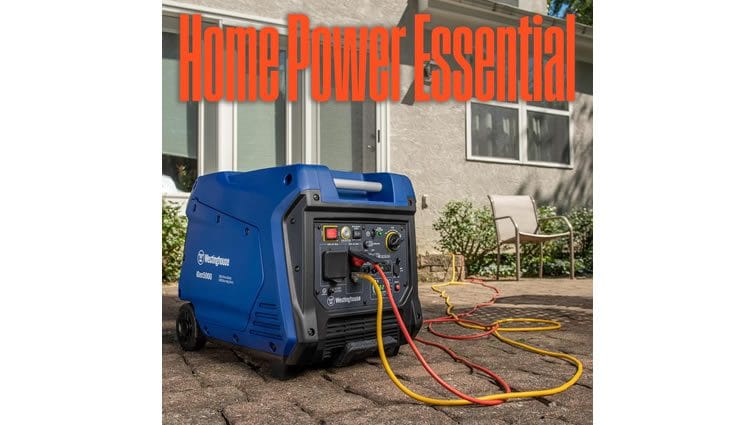
Spark Plug Care to Avoid Engine Issues
Spark plugs are another vital component of your quiet propane generator. They ignite the fuel and air mixture, starting the engine and keeping it running smoothly. Over time, spark plugs can become worn out or dirty, which can cause starting problems or engine misfires. Regularly inspecting and replacing spark plugs is a small but important maintenance task that ensures reliable performance.
Most quiet propane generators have spark plugs that need to be replaced every 100 to 200 hours of use, depending on the model. If you notice that your generator is having trouble starting, stuttering, or running erratically, the spark plugs could be the culprit. Replacing them is an easy fix that can save you from larger, more expensive issues down the road.
Fuel System Maintenance for Efficiency
Since propane is the fuel source for your generator, it’s important to keep the fuel system clean and free of debris. Over time, dirt and moisture can build up in the fuel lines, causing clogging or reduced fuel flow. This can lead to poor performance, decreased efficiency, and even engine damage. Ensuring the fuel system is properly maintained will help keep your quiet propane generator operating at peak efficiency.
To maintain the fuel system, you should regularly inspect the fuel lines and the carburetor. If you notice any signs of wear or leaks, it’s crucial to replace the affected parts promptly. Additionally, it’s wise to empty the fuel tank if you plan to store the generator for an extended period, as old fuel can go stale and clog the system. A clean fuel system ensures that your generator starts reliably every time you need it.
By ignoring regular maintenance on your quiet propane generator, you risk more than just inconvenient breakdowns. Proper upkeep is essential for optimal performance, fuel efficiency, and the overall longevity of your generator. From oil changes to air filter cleaning and spark plug replacement, these simple maintenance tasks will ensure that your generator continues to serve you reliably for years to come.
Not Adjusting for Noise Levels
When it comes to using a quiet propane generator, one of the most important factors to consider is noise. While a quiet propane generator is designed to run with less noise compared to traditional gas-powered generators, it’s still essential to manage and adjust noise levels for your comfort and the comfort of those around you. You don’t want to ruin the peaceful ambiance of your RV or camping trip with unnecessary noise. If you’re not careful about how and where you operate your generator, the noise can become a nuisance.
Many people underestimate the significance of noise management when using a quiet propane generator. It’s easy to assume that because the generator is quieter than others, it will not have any impact on your environment. However, even a low-decibel generator can become annoying if placed too close to living spaces or not adjusted properly. Let’s dive into why noise levels matter and how you can adjust them to enhance your overall experience.
Understanding Noise Levels and Their Impact
The first thing to understand about using a quiet propane generator is that “quiet” is a relative term. While these generators are designed to be quieter than traditional ones, they still emit noise during operation. Noise levels are typically measured in decibels (dB), with quieter generators ranging from 50 to 60 dB—comparable to normal conversation. However, even these sound levels can be bothersome if you’re camping in a quiet environment or trying to sleep.
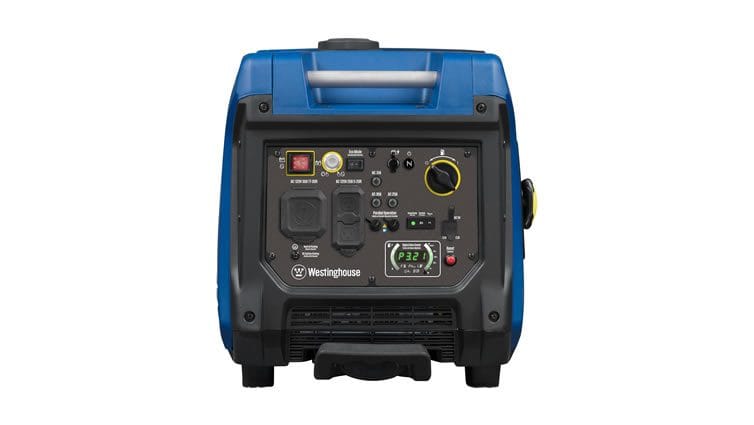
The noise from your quiet propane generator can travel much farther than you might expect, especially in an open or semi-enclosed space like a campground or RV park. The sound can interfere with other campers or disturb wildlife. If you’re planning to use your generator in a serene, natural setting, it’s essential to consider the impact that even a quiet generator can have. By properly adjusting its placement and runtime, you can keep the peace while ensuring your generator is still running effectively.
Choosing the Right Location for Your Generator
One of the easiest ways to adjust for noise levels is by selecting the right location for your quiet propane generator. Just because the generator is quiet doesn’t mean it won’t produce any sound—so choosing a good spot to run it is key. When setting up your generator, try to place it as far away from your living or sleeping area as possible. Even a few feet can make a noticeable difference in reducing the sound that reaches you.
For example, setting your generator behind your RV or tent, near a natural barrier like a rock wall or row of trees, can help muffle the sound. If you’re camping in an area with nearby structures, you might also find that sound is naturally absorbed or reflected by those buildings. Be mindful of the prevailing wind direction too, as wind can carry sound further than you may anticipate. By positioning your quiet propane generator in a strategic location, you can dramatically reduce its noise impact.
Using Soundproofing Accessories
If you’re looking for an even quieter operation, there are soundproofing accessories available that can help reduce noise levels even further. While these solutions won’t make your generator completely silent, they can help dampen the sound. For example, noise-reducing enclosures are specially designed to fit around generators and absorb sound. These enclosures are made from materials that block out noise, ensuring that you’re not disturbing others while still enjoying the benefits of your generator.
Another option is to invest in a muffler or silencer designed for your generator. These add-ons help to minimize engine noise and can be a great investment if you plan to use your quiet propane generator frequently. However, be sure to check with the manufacturer to make sure these accessories are compatible with your specific generator model.
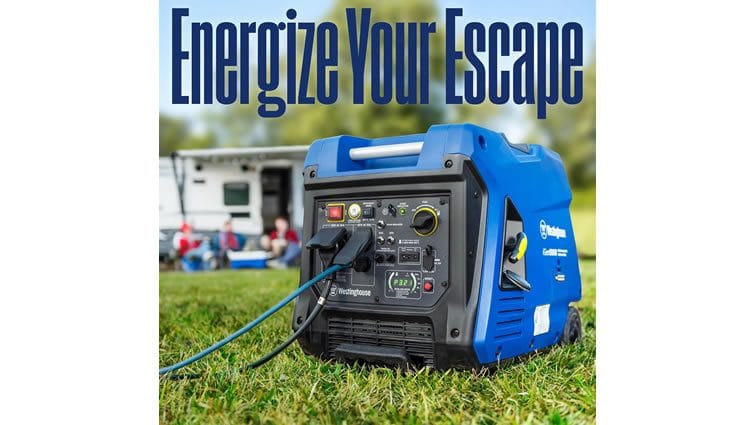
Adjusting Usage Time for Peace and Quiet
In addition to choosing the right location and using soundproofing accessories, another way to manage noise levels is by adjusting your usage time. A key consideration for many RV owners and campers is how much noise their generator will make during their stay. Many quiet propane generators are designed to run quietly for hours, but it’s important to use them during times when noise is less of a concern.
For instance, if you’re camping near other people or in a residential area, try running your generator only during the day when most people expect noise. Avoid running your generator during quiet hours, especially early in the morning or late at night. Being mindful of your neighbors and adjusting your generator’s runtime to fit the schedule of others can make your experience more enjoyable for everyone.
Noise management is a vital part of using a quiet propane generator, even though these models are quieter than traditional generators. By considering the impact of noise, positioning your generator strategically, using soundproofing accessories, and adjusting your usage times, you can ensure a peaceful environment while still benefiting from the convenience of your generator. Don’t underestimate the importance of noise adjustments; a little thoughtfulness goes a long way in making your camping or RV experience even more enjoyable!



